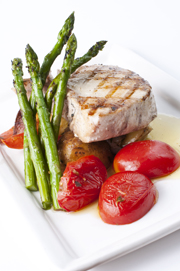Meaty Mussels in Creamy Garlic & White Wine Sauce … Does it Get Any Better?
If you ha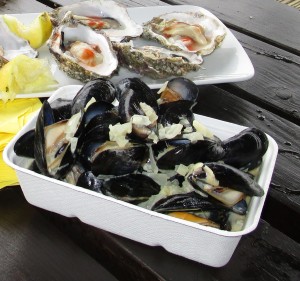 ven’t yet tried mussels, what are you waiting for? They’re delicious!
ven’t yet tried mussels, what are you waiting for? They’re delicious!
Inexpensive, easy to cook, an impressive starter to any meal and simply scrumptious served in warm creamy garlic and white wine sauce with crusty buttered bread. If you don’t like creamy garlic sauce try spicy tomato sauce, add chorizo, bacon or anything of your choice. The beauty of mussels is their versatility. Put them in stews, soups, rissoto, spaghetti, curries – they look fantastic and taste even better.
Nutrition:
Mussels are high in protein, very low in fat and low in carbohydrate. They’re an excellent source of vitamins and important minerals, including B12 (helps maintain nerve fibres and red blood cells), Selenium (which helps support protein function) and Zinc (helps the immune system ward off invading bacteria and viruses). Mussels also contain Iodine (which is essential for the natural production of thyroid hormones that contribute to basic metabolism as well as helping the body to efficiently burn calories). Although not as much as oily fish, mussels are a good source of long-chain Omega-3 fatty acids (which help prevent heart disease, high cholesterol, blood clots, and aid circulation).
When to buy mussels:
Typically mussels are at their best and have a higher meat content between September to April, hence the saying ‘You should only eat mussels when there is an R in the month’ although the current climate can have an effect on this. Buying your mussels from a fishmonger who usually has a rapid turnover ensures fresh mussels.
Cooking mussels:
Before cooking mussels check to ensure they are still alive; live mussels, when in the air, will shut tightly when disturbed. When mussels are open and unresponsive they are dead, and must be discarded. Mussel shells usually open when cooked, revealing the cooked soft edible parts. Don’t overcook mussels. Steam them until they open and pull away from the shell (usually about 4 minutes). Watch this light hearted but informative video by Chef Jean Pierre on a traditional favorite in the South of France, Mussels Provencal.
by Chef Jean Pierre
Mussels Provencal
Ingredients:
- Olive Oil
- Onion
- Tomato
- Tyme, Parsley
- Garlic
- Good Quality White Wine
- Add Cream for a Mussel Bisque
Send us your own mussel recipes with an image if you’d like to share them with other seafood lovers.

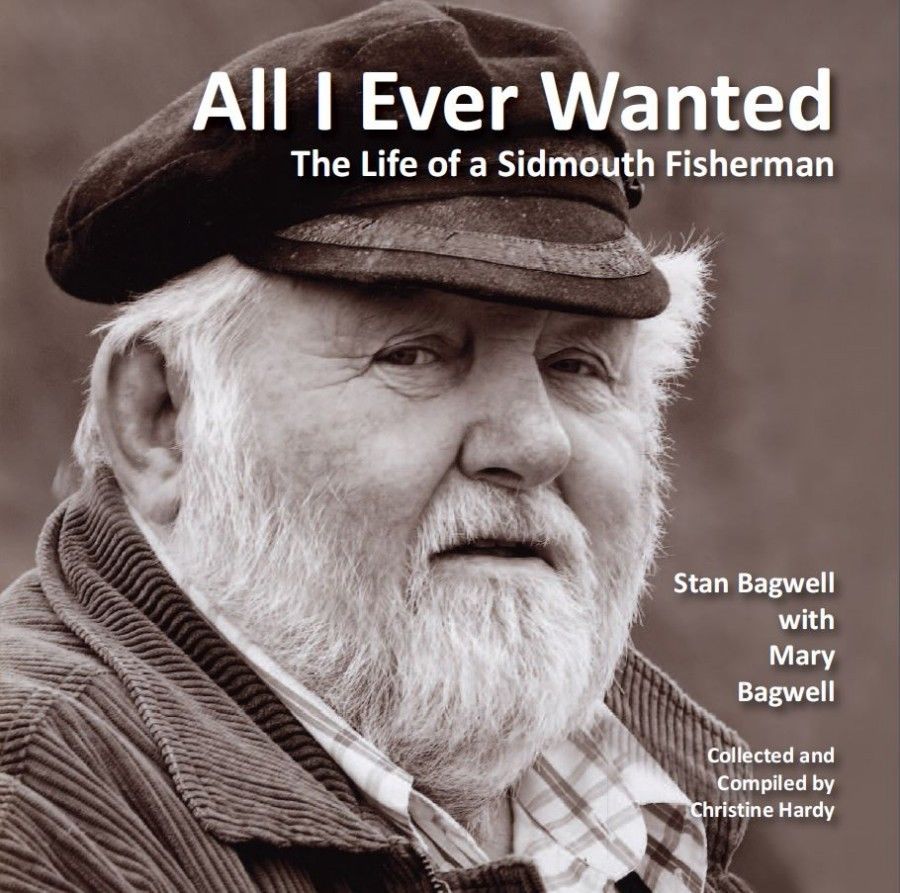
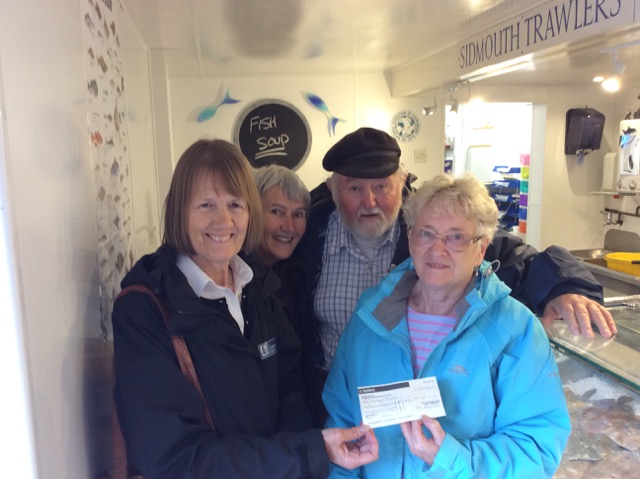


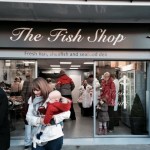
 Sue started work with Sainsbury’s to deliver training to fish counter colleagues, and in 2012 was delighted to be offered the role as their Product Developer specialising in Seafood. She describes her role with Sainsbury’s as ‘the best job in the world’ but could not resist the pull of standing in a cold, wet fish shop every day!
Sue started work with Sainsbury’s to deliver training to fish counter colleagues, and in 2012 was delighted to be offered the role as their Product Developer specialising in Seafood. She describes her role with Sainsbury’s as ‘the best job in the world’ but could not resist the pull of standing in a cold, wet fish shop every day!
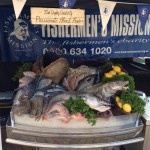
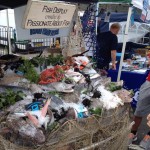

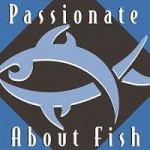
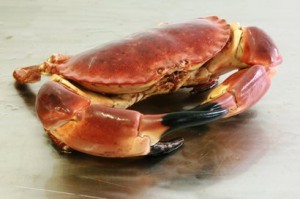 A male crab is called (a cock) and the female crab (a hen). The brown crab is caught all around the UK coast. UK crab is prized all around the world and there’s a thriving crabbing industry out of most fishing ports, with boats from 10 meters to 60 meters plus. If you went to each port around the UK the fishermen would say they catch the best crab. Brown crab takes on the flavour of its habitat where it is found in the waters around the UK. Some of the best tasting crab is the crab caught in tidal waters like the English Channel and around the islands of Scotland, and any other tidal location. Tidal waters carry more food and nutrients and are cleaner, which gives the crab a better taste.
A male crab is called (a cock) and the female crab (a hen). The brown crab is caught all around the UK coast. UK crab is prized all around the world and there’s a thriving crabbing industry out of most fishing ports, with boats from 10 meters to 60 meters plus. If you went to each port around the UK the fishermen would say they catch the best crab. Brown crab takes on the flavour of its habitat where it is found in the waters around the UK. Some of the best tasting crab is the crab caught in tidal waters like the English Channel and around the islands of Scotland, and any other tidal location. Tidal waters carry more food and nutrients and are cleaner, which gives the crab a better taste.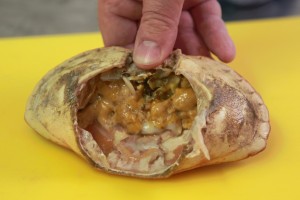
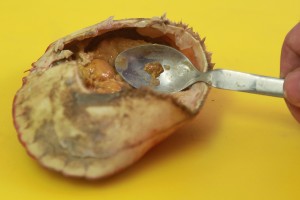
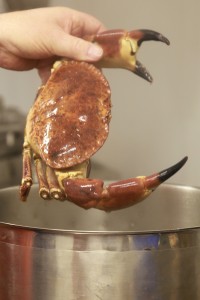
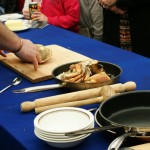
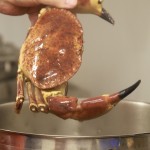
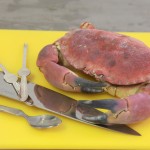
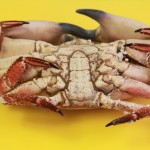
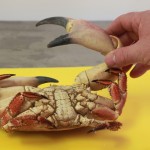
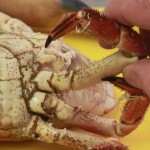
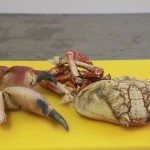
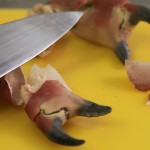
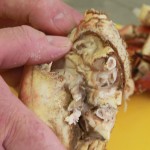
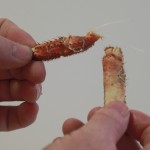
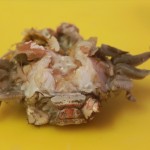
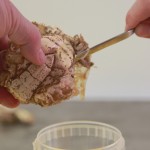
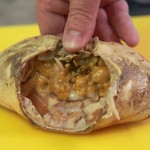
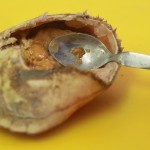
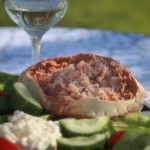
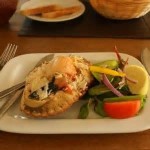
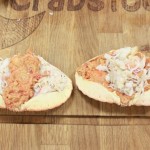
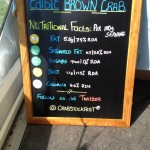
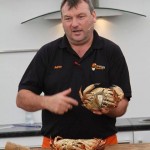

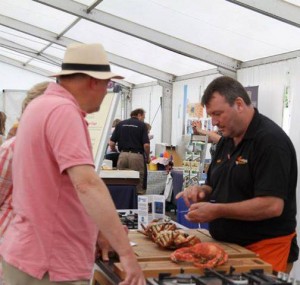
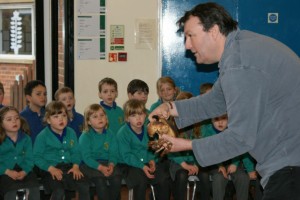
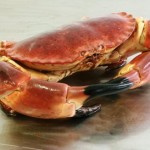
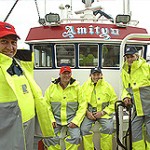
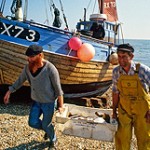
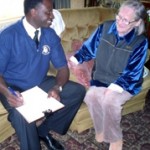

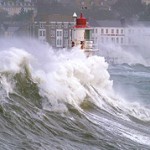
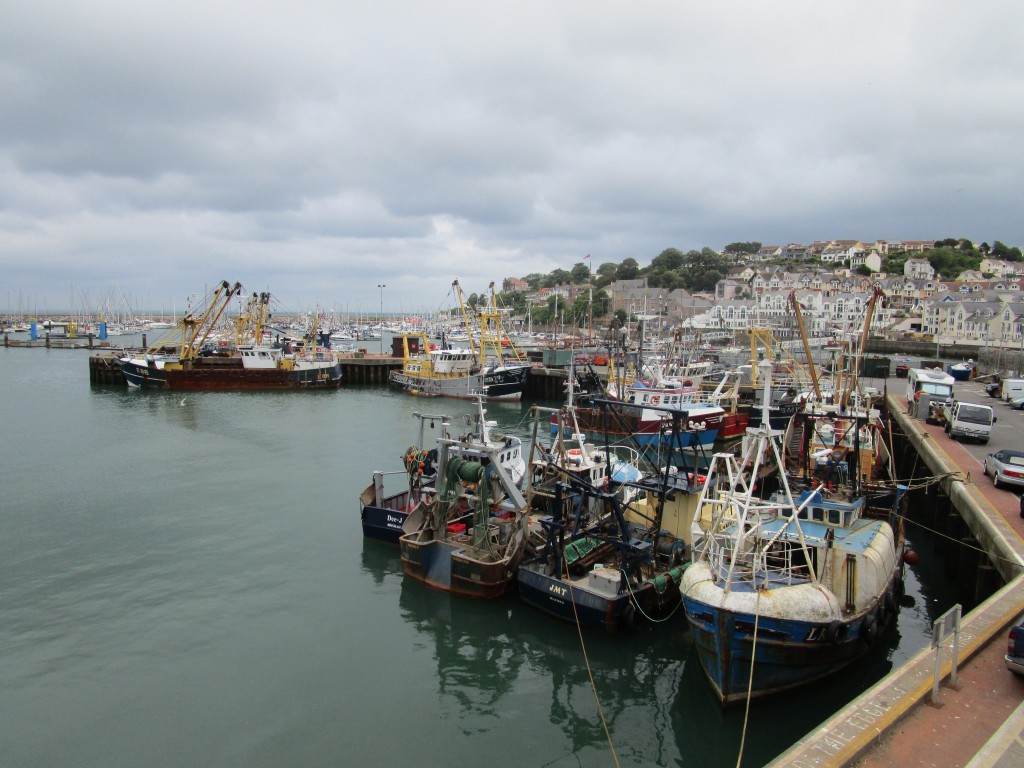
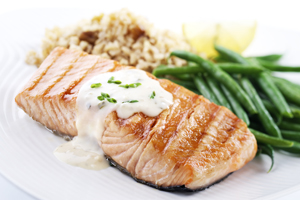












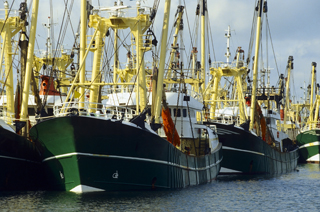 What is ‘Sustainable Seafood’?
What is ‘Sustainable Seafood’?